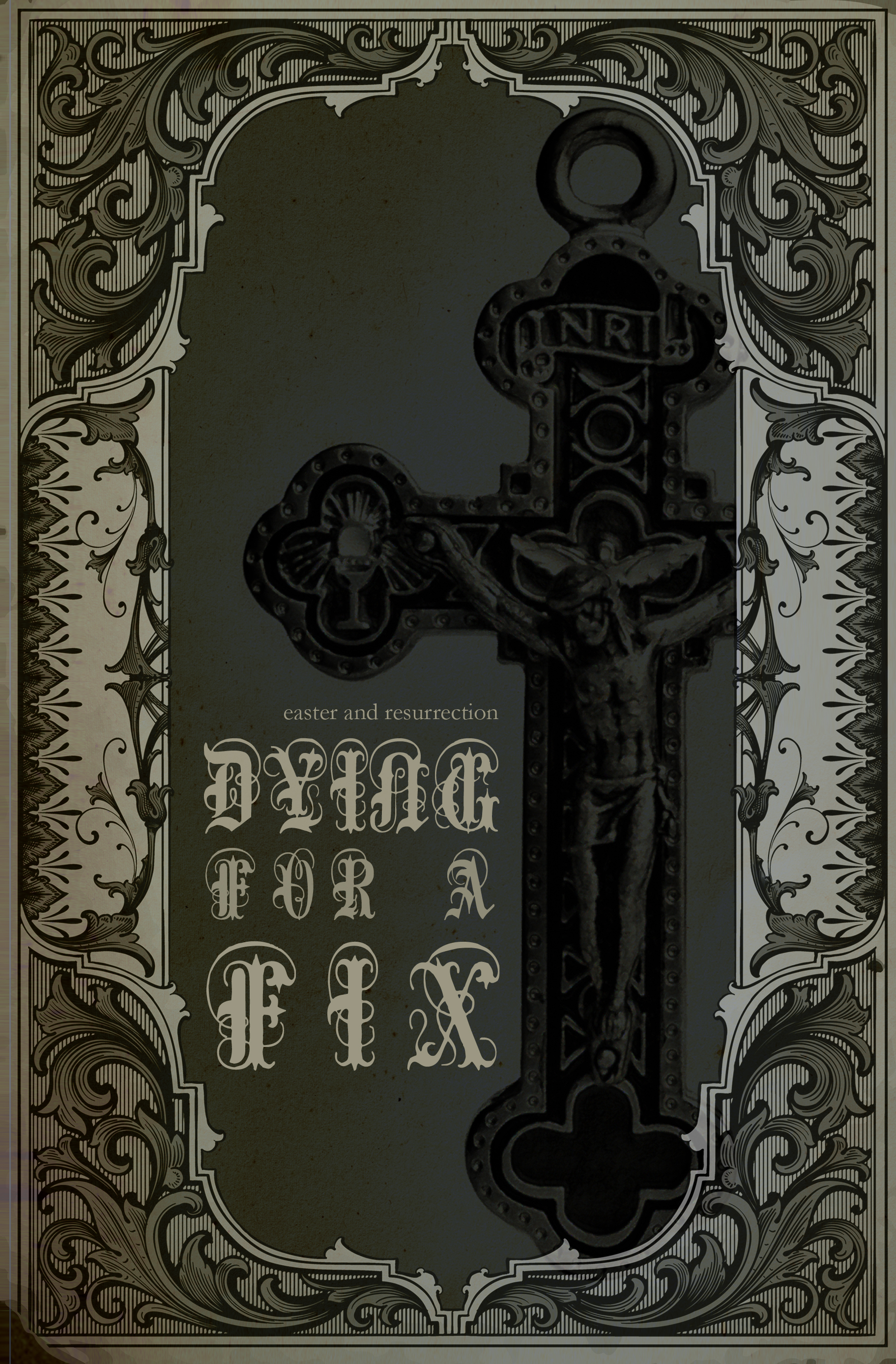I once heard a funny story about a man and his mother-in-law taking a tour of the Holy Land. While they were there, sadly, the mother-in-law died. The man called the undertaker and was informed that it would cost $5000 to have his mother-in-law shipped back to America…or he could have her buried in a Palestinian Garden for only $150.
The man thought for a moment, then opted to pay the $5000.
“Why?” asked the undertaker. “Wouldn’t it be wonderful to have her buried here?”
“No,” said the man. “I heard a story once about a man who was buried here, and three days later he came back from the grave. I just can’t take that chance.”
<sigh>
<mother-in-law jokes never get old>
The Holy Land has some fantastic gardens. Fittingly, the Bible begins in a Garden and ends in a Garden-City. These are related by a third garden – Gethsemene – and theologians over the centuries have enjoyed comparing Eden and Gethsemene because of some obvious parallels:
The first Adam began life in a garden, Christ’s life halted in a garden.
In Eden Adam sinned, in Gethsemane Christ undid the effects of Adam’s sin.
In Eden Adam fell from Grace, in Gethsemane Christ invited Grace back to the world.
In Eden Adam hid from God, in Gethsemane Christ presented himself to God.
In Eden the (angel’s) sword was drawn, in Gethsemane Christ sheathed Peter’s sword.
The Bible begins in a Garden Paradise, created by God for the playful and fruitful interactions of people and planet. The Bible ends with Heaven and Earth colliding together to create a new Heaven, a New Earth, and a New City – Jerusalem. Jerusalem is significant, because where Heaven and Earth are solely the creation of the Creator, Jerusalem – the City – is at least partially the co-creation of People creating with God. So the Bible begins in God-given perfection, which deteriorates into tribalism and nomadic feudalism, which distresses people who come together in Cities for mutual protection and the sharing of resources and ideas, who embrace Christ and his salvation, and work alongside YHWH in the redemption of the world, and welcome new creation, and God brings new creation in such a way as to validate the good efforts of His good people who’ve been laboring for His good pleasure.
The significance of these Gardens is that, for the ancient Hebrews, gardens were not simply decorative. They were symbolic of all the reach and run of a King’s authority. A garden was a collection of wild and wonderful things from all over the Kingdom, preserved against decay and ruin, free from chaos and death. As such, gardens were seen as biological Temples – both walling off the life-eating forces of external corrosion that would destroy fauna and faith respectively.
The world of new creation is, again, the world of new creation – meaning, it is a remaking of the same thing God made before. He loved Eden, He loved Earth, we wrecked them both and so now He will remake them both. And we are permitted – encouraged even – to have a hand in the remaking. That is what stewards are supposed to do – pay attention, look after, serve and attend.
The human project of bringing wise order to the garden is not yet complete – we are called now to redeem creation and bring forth new bits of new creation.
And redemption, of course, doesn’t mean throwing away what we have and starting over, it means fixing what we have and continuing on. The possibility of redemption is rooted in the power of God at creation and demonstrated by the power of God through the resurrection. God can grant life if He chooses.
And what does all this have to do with us? Everything! It means that God has not abandoned us, or our town, or our friends to despair and jobless unfulfillment. It means that He is still working for us, working in us, to bring some beautiful out of what we have now. And it is our job to work with Him in that regard.
fossores
Dr. David McDonald is the teaching pastor at Westwinds Community Church in Jackson, MI. The church, widely considered among the most innovative in America, has been featured on CNN.com and in the Wall Street Journal, the New York Times, and Time Magazine.
David weaves deep theological truths with sharp social analysis and peculiar observations on pop culture. He lives in Jackson with his wife, Carmel, and their two kids. Follow him on twitter (@fossores) or online at fossores.com
Related posts
Categories
Category Cloud
Tag Cloud
Recent Posts
- Victors and Victims November 6, 2018
- 3 Hacks for Happiness October 29, 2018
- Hope Against Death September 20, 2018
- The Shape Of The Cross September 19, 2018


